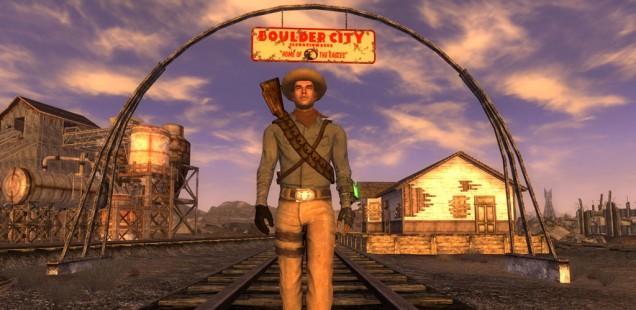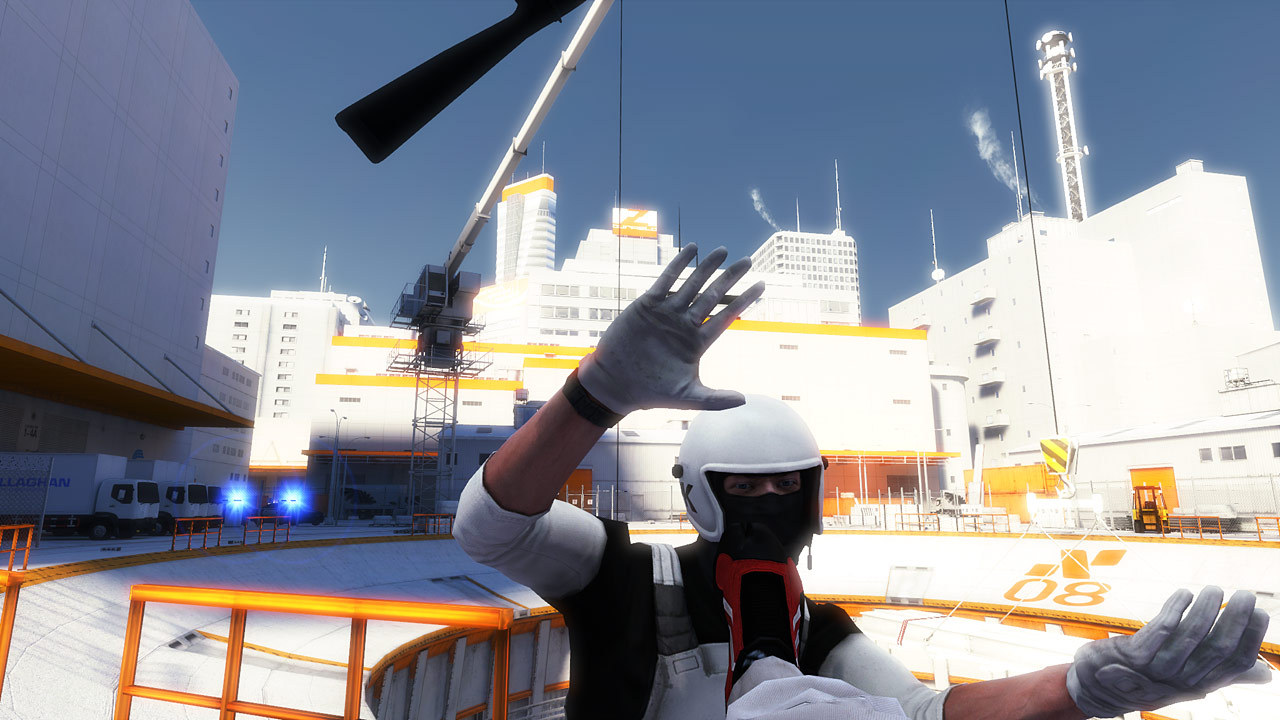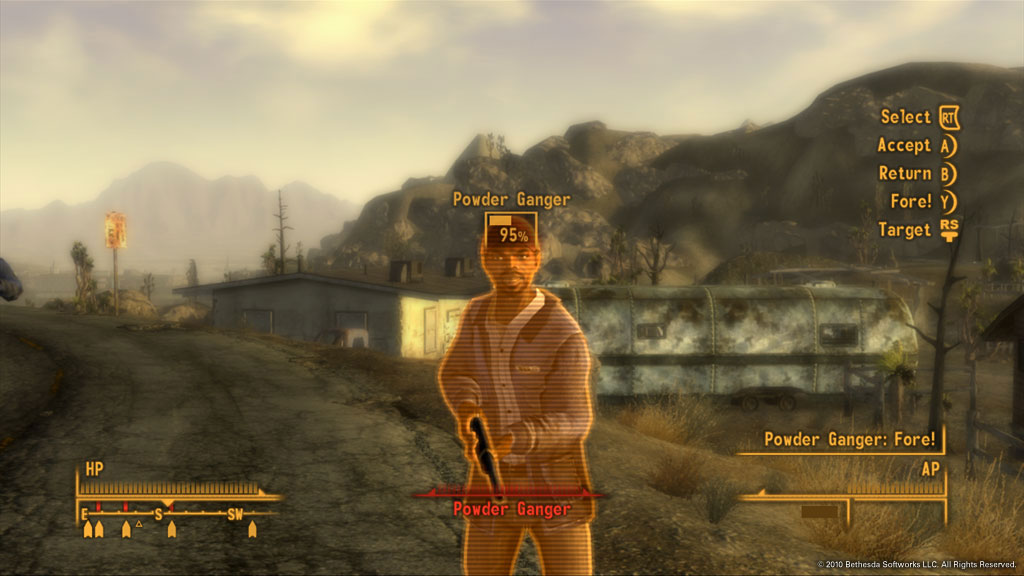
Art Tickles: Swings and Roundabouts
Taylor Hidalgo has always been the sort of child who got hurt finding alternative uses for playground equipment.
In a very simplified sense, games are about choices.
The more complex a game’s mechanics, or the more intricate its systems, the more choices players have at their disposal. Action games have more direct interactions, giving players options for how to combat opponents and how best to avoid obstacles. Adventure games present problems that must be overcome with planning, cunning, or quick-witted problem solving. Open world games present even more opportunity, letting the players not only choose how to resolve conflicts, but also whether or not to engage in them at all.
These choices are a function of not just a player’s prerogative, but also the developer’s intention. For a mechanic to exist, a developer must first have considered the mechanic, and coded it into the game. While seemingly obvious, the depth of that can be misleading. Each encounter, each mechanic, each enemy behavior, each scene, they all come from a designed and deliberate place. Players’ decisions may come about independent of a developer’s direct influence, but the coded mechanics and available options all inform the framework from which the player builds their choices.
Deeper than that, though, how a game is mechanically assembled affects how the game is able to communicate itself. Not just from a conflict or narrative standpoint, but also from a standpoint of player agency. A player is only as free to resolve conflicts as the scale of a game allows. A title like Fallout: New Vegas, for instance, offers players a wide host of options. The map is fluid and freeform, allowing the player total freedom on which areas they explore, whether or not to engage in fights or events they see coming, or whose side to take in ongoing disputes. These options are seemingly infinite, with the potential for multiple undiscovered quests, approaches, and tactics even after hundreds of hours or repeat playthroughs and exploration. It is an experience that cannot really be replicated in less open worlds.
Conversely, a game like Mirror’s Edge is much more straightforward. There is a defined, structured sequence of stages and story beats, whose progression is strictly linear. The narrative cannot, by its nature, be in any other order. The world is closed off, structured, and free from player intervention. While this limits the player’s agency from a narrative experience standpoint, the mechanical results play out rather differently. While each encounter is pre-built and more heavily scripted, the player’s ability to navigate therein reveals a much deeper agency than Fallout’s.
Fights are less determined by statistics, more determined by input and behaviors. Players can breeze by guards and police, vaulting obstacles and climbing past dangers. Or they can come into direct, aggressive contact with the police. Or, sometimes, by creeping up in a sniper’s perch, pick enemies off one by one. Each of these options come from how the player chooses to address a problem. While the story may not be personalized, the individual play style is decidedly unique. Players still have agency despite the narrative limitations, and it comes from the choice of how to interact with the mechanics.
Therefore, the depth of pre-coded mechanics isn’t just about what tools a player is given access to, but also the scale on which these tools are built. The more a player can move through each individual environment, the more choices they have with controlling their pace or their conflict. In Mirror’s Edge, this means more ways to take cover, more places to lead police, more walls to climb or rails to vault. Each of these options gives players better control over their environment. Despite heavy scripting, players have more choice over how these situations play out than casual observation might imply.
Which is very different to Fallout: New Vegas, whose interactions with most environments are very static. Distant hills and mountains can be climbed, different buildings entered, but once conflicts genuinely begin, the player has a much more limited range of ways to interact. Speech checks must be completed, combat must be resolved, and positioning and tactics are more defined by environment than player agency.
Further, a lot of experiences are tethered to location. Players who have a massive world to explore also have a massive world to traverse. Travel from point to point is an excellent time to build atmosphere, tone, and tension, which Fallout does quite well, but also limits the pace with which players can arrive at game experiences. Any fetch quest, escort mission, or backtracking hike builds onto an existing pace limiter, preventing players from truly getting the same instant feedback that some other games can provide. Quests aren’t simply about the experience of the fight or puzzle, but a culmination of events or behaviors. Many of them must ultimately be turned in to an NPC, a limitation that not even fast travel can truly eliminate.
Which isn’t to say that Fallout is worse than Mirror’s Edge, or vice versa, but that scale is often a limiting and defining factor in how a player is allowed to experience a game. Open world games define their player agency by freedom of selection and exploration, but these freedoms often come at the cost of player ability, more tightly restricting how a player can explore a world due to more limiting factors. Conflicts are often pared down to simpler mechanics, exploration and player indulgence are less instantly gratifying and more a result of larger scopes. They do, however, tend to result in more patient and indulgent experiences.
So even in a complicated sense, games are still about choices. Not just the decisions players make, but also the design decisions developers make. The scope and size of the game worlds also define how a player is able to choose their experience. What options are made available also restrict those that can emerge organically. In that way, it’s up to players not just how they want to experience the games they choose, but also to pick games based on what sort of choices they’ll want to be able to make. Players should always have choice about which playgrounds to play in, even if that means getting fewer choices.
Swings and roundabouts, I suppose.
Taylor Hidalgo is a writer by hobby, grasping at the edges of professional work. He’s a fan of the sound of language, the sounds of games and the sound of deadlines looming nearby. He sometimes says things on Twitter and his blog.

